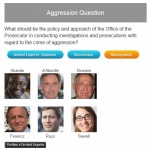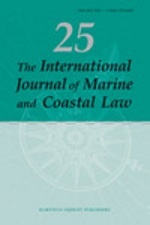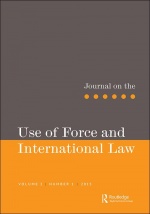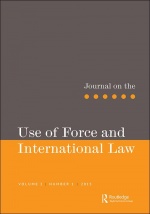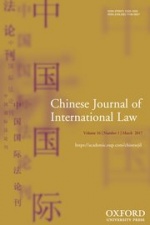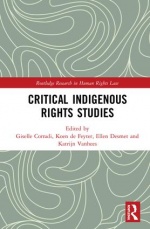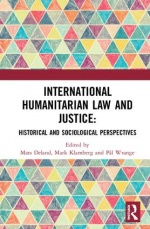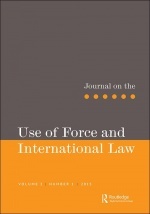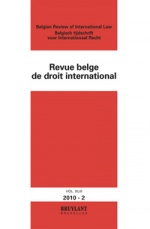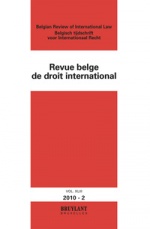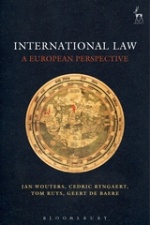The Use of Force in International Law: a Case-based Approach
The international law on the use of force is one of the oldest branches of international law. It is an area twinned with the emergence of international law as a concept in itself, and which sees law and politics collide. The number of armed conflicts is equal only to the number of methodological...
The volume comprises 66 chapters including contributions by GRILI members Tom Ruys, Alexandra Hofer and Luca Ferro.
Full list of authors: Constantine Antonopoulos, Karine Bannelier, Janina Barkholdt, Susan Breau, Wenke Brückner, Michael Byers, Enzo Cannizzaro, Kenneth Chan, Théodore Christakis, Olivier Corten, Fanny Declercq, Ashley Deeks, Oliver Dörr, François Dubuisson, Luca Ferro, Mathias Forteau, Gregory H. Fox, Daniel Franchini, Tarcisio Gazzini, Terry D. Gill, Christine Gray, James A. Green, Douglas Guilfoyle, Andrea de Guttry, Gerhard Hafner, Nabil Hajjami, Wolff Heintschel von Heinegg, Mohamed S. Helal, Christian Henderson, Etienne Henry, Alexandra Hofer, Jörg Kammerhofer, Maurice Kamto, Pierre Klein, Robert Kolb, Marcos Kotlik, Vaios Koutroulis, Claus Kreß, David Kretzmer, Dino Kristiotis, Jean-Christophe Martin, Lindsay Moir, Sean D. Murphy, Anne Lagerwall, Eliav Lieblich, Georg Nolte, Benjamin K. Nußberger, Mary Ellen O'Connell, Alexander Orakhelashvili, Ki-Gab Park, Mónica Pinto, Erin Pobjie, John Quigley, Aurora Rasi, Theresa Reinold, Natalino Ronzitti, Tom Ruys, Alison See, Ying Xiu, Paulina Starski, Raphaël Van Steenberghe, Christian J. Tams, Kinga Tibori-Szabó, Dire Tladi, Kimberley N. Trapp, Nicholas Tsagourias, Antonios Tzanakopoulos, Agatha Verdebout, Ugo Villani, Christian Walter, Marc Weller, Erika de Wet, Nigel White, Myra Williamson, Sir Michael Wood

